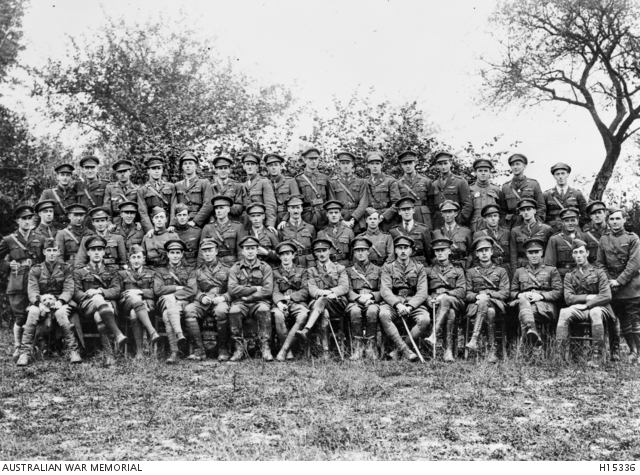| Service number | 555 |
|---|---|
| Ranks Held | Corporal, Lieutenant, Second Lieutenant |
| Birth Date | 08/10/1891 |
| Birth Place | Netherlands |
| Death Date | 05/10/1930 |
| Death Place | France |
| Final Rank | Lieutenant |
| Service | Australian Imperial Force |
| Units |
|
| Places | |
| Conflict/Operation | First World War, 1914-1918 |
Lieutenant William Palstra
William Palstra, Lieutenant, 3 Squadron, Australian Flying Corps, was born in Zwolle, Holland, on 8 October 1891. He lived in Belgium, then Transvaal, where he was in the Scottish Transvaal Cadets for four years, and England, before arriving in Australia on 3 October, 1914.
A clerk before the war, Palstra left Melbourne on 27 May 1916 and served in England, Belgium and France until May 1919 with the 39 Battalion, Australian Infantry Force. He was awarded the Military Cross in 1917 and was seconded for training with the Australian Flying Corps in December 1917 and appointed Flying Officer in May 1918 with 3 Squadron. In that role he flew reconnaissance, including at night, over the front lines.
Lieutenant Palstra had a good knowledge of French, Dutch and shorthand and graduated from the University of Melbourne as a Bachelor of Arts in 1925. In 1926 he was a Flying Officer with the RAAF and deputy director of personnel services. The next year he obtained a ‘distinguished’ pass in his promotion examination and, as he was 35, he was recommended for immediate promotion over all Flying Officers then senior to him.
Flight Lieutenant Palstra was naturalised Australian in November 1928 after uncertainty of his status as a British subject, and sailed to England with his wife, two daughters and son to take up duty for two years with the Royal Air Force staff college at Andover. He was killed on 5 October 1930 on board the Airship R101 on its maiden flight to Karachi when it crashed and burned at Allone, near Beauvais, France.
Acting Prime Minister James Fenton said of Lieutenant Palstra to Parliament: "To know him was to know his worth, and we grieve for his sorrowing widow and family."

